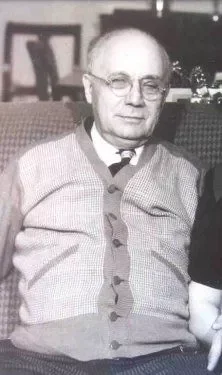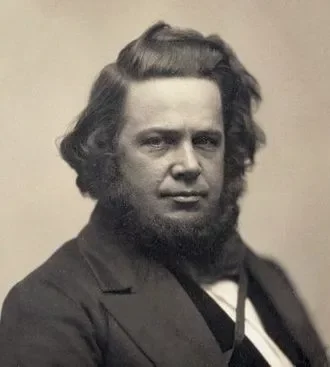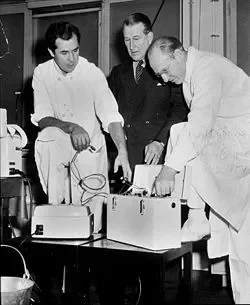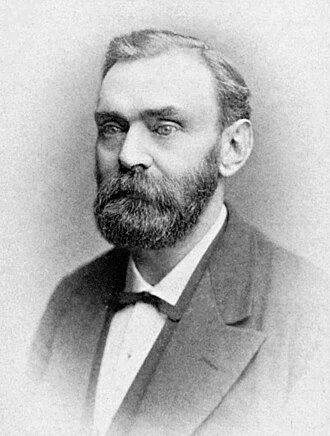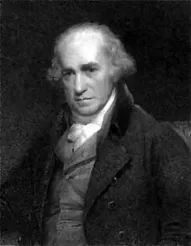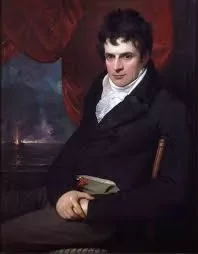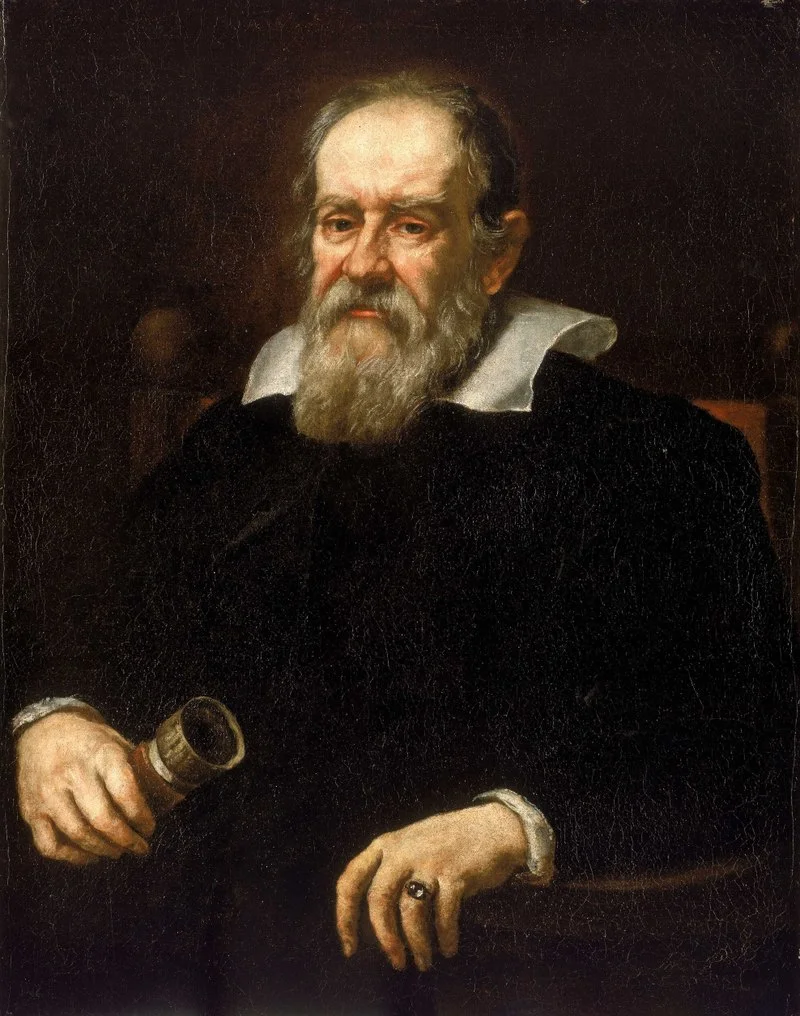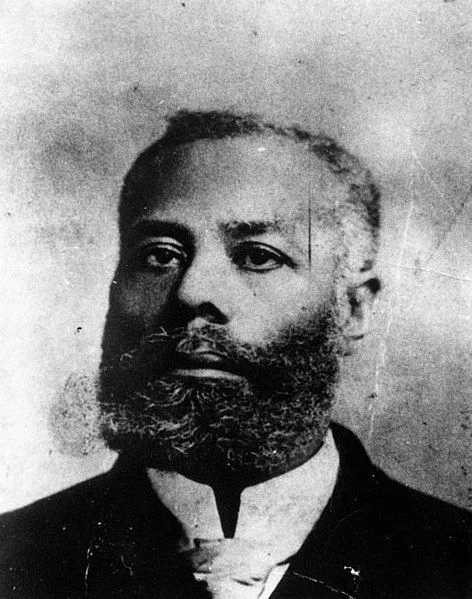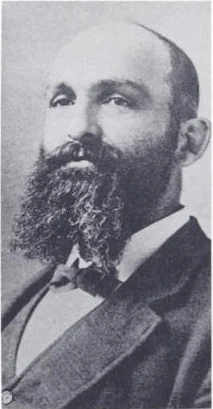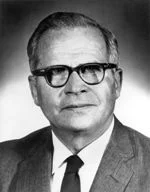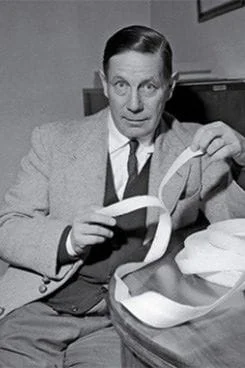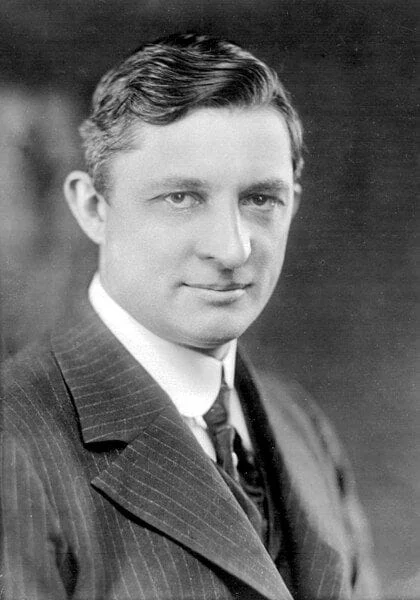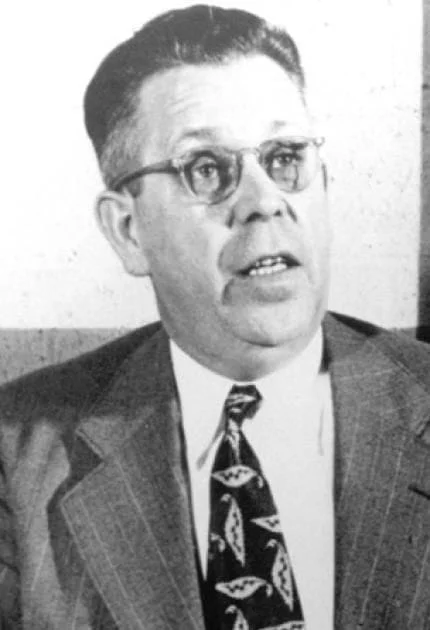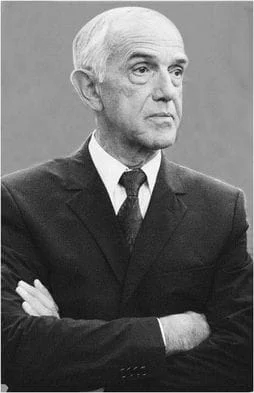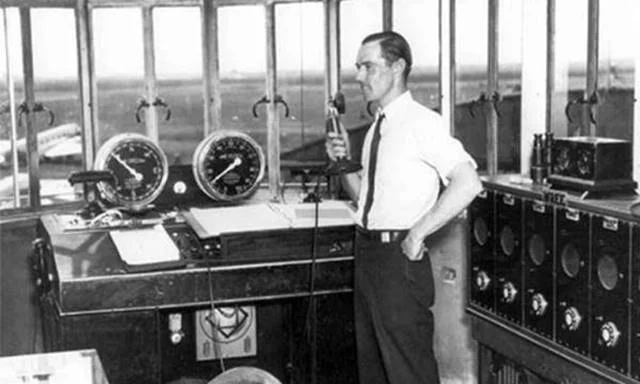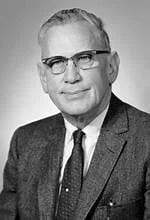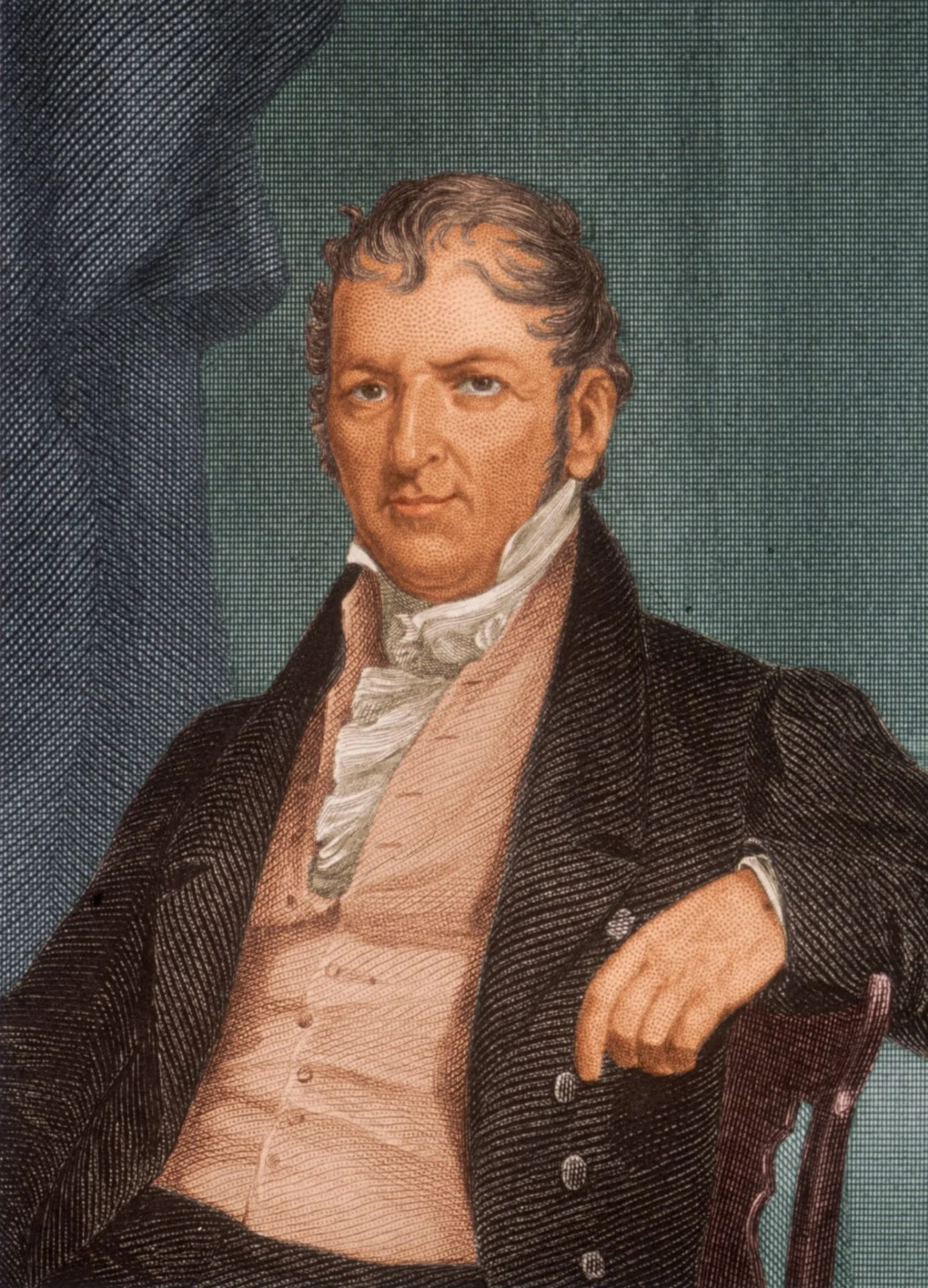Real Celebrities Never Die!
OR
Search For Past Celebrities Whose Birthday You Share

source:wikipedia.org
Jack Kilby
Birthday:
08 Nov, 1923
Date of Death:
20 Jun, 2005
Cause of death:
cancer
Nationality:
American
Famous As:
Engineer
Age at the time of death:
81
Jack Kilby's Quote's
Early Life and Education
Jack Kilby was an American electrical engineer and inventor, best known for his groundbreaking work in the development of the integrated circuit. Born on November 8, 1923, in Jefferson City, Missouri, Kilby’s inventions revolutionized the field of electronics and laid the foundation for the modern technology we rely on today.
Jack Kilby grew up in Great Bend, Kansas, where he displayed an early interest in electronics. After completing his high school education, he enrolled at the University of Illinois, pursuing a degree in electrical engineering. However, his studies were interrupted by World War II when he was called up for military service in 1943.
Military Service and Early Career
During his time in the military, Kilby worked on electronic equipment maintenance in India and the Philippines. His experience in this field further fueled his passion for electronics, and upon his return from the war, he resumed his studies at the University of Illinois. In 1947, Kilby received his Bachelor of Science degree in electrical engineering.
Following his graduation, Kilby joined Centralab Division of Globe-Union Inc. in Milwaukee, where he developed ceramic-based silk-screened circuits for military radios. It was during this time that he gained valuable experience and insight into the world of electronics manufacturing.
Breakthrough at Texas Instruments
In 1958, Jack Kilby began working for Texas Instruments, a company known for its innovations in the semiconductor industry. It was here, in the summer of 1958, that he made his most significant breakthrough. Faced with the challenge of finding a solution to the increasing complexity and size of electronic circuits, Kilby conceived the idea of integrating multiple components into a monolithic structure.
The Invention of the Integrated Circuit
On September 12, 1958, Kilby successfully demonstrated the world’s first working integrated circuit. This revolutionary invention paved the way for the miniaturization of electronic devices and laid the foundation for the modern computing era.
Kilby’s integrated circuit consisted of a small piece of germanium with a lead wire connected to several components. Although his initial design was primitive by today’s standards, it marked a fundamental shift in the approach to electronics manufacturing.
Impact on Electronics and the Industry
Kilby’s invention posed a direct challenge to the prevalent practice of using individual electronic components that were large, bulky, expensive to produce, and difficult to assemble. His integrated circuit allowed for the reduction in size and cost, while also drastically improving reliability and performance.
Recognition and Nobel Prize
In recognition of his groundbreaking work, Jack Kilby was awarded the Nobel Prize in Physics in 2000, jointly with two other scientists, for his part in the invention of the integrated circuit. The Nobel committee acknowledged Kilby’s invention as one of the most important milestones of the twentieth century, which transformed the world of electronics and revolutionized modern life.
Contributions Beyond the Integrated Circuit
Kilby continued to work at Texas Instruments throughout his career, where he held various key positions and made numerous advancements in the field of electronics. His contributions extended beyond the integrated circuit to include developments in handheld calculators, thermal printers, and solar energy systems.
Death and Legacy
Sadly, on June 20, 2005, Jack Kilby passed away in Dallas, Texas, at the age of 81. The cause of his death was reported as cancer. Despite his departure, Kilby’s impact on technology and innovation remains significant and enduring.
The Enduring Legacy of Jack Kilby
To this day, Kilby’s invention is widely recognized as the foundation of modern computing and has transformed nearly every aspect of our lives. From smartphones and computers to medical devices and transportation systems, the integrated circuit has become an indispensable part of our technologically advanced world.
Celebrating Jack Kilby’s Influence
The life and work of Jack St. Clair Kilby are celebrated not only through his numerous achievements and awards but also through his influence on subsequent generations of engineers and inventors. His name is forever engraved in the annals of scientific history, and his contributions continue to inspire and shape the future of technology.
Name:
Jack Kilby
Popular Name:
Jack Kilby
Gender:
Male
Cause of Death:
cancer
Spouse:
Place of Birth:
Jefferson City, Missouri, U.S.A
Place of Death:
Dallas, Texas, U.S.A
Occupation / Profession:
Personality Type
Logistician: Practical and fact-minded individuals, whose reliability cannot be doubted. He was highly practical and possessed strong logical reasoning.
He held over 60 patents throughout his career.
He is best known as the co-inventor of the integrated circuit (IC), commonly known as the microchip.
Jack Kilby received the Nobel Prize in Physics in 2000 for his contribution to the development of the integrated circuit.
Kilby also made significant contributions to the development of the handheld calculator, thermal printer, and the development of the first portable electronic calculator.
Franklin Medal (1976)
Kyoto Prize (1997)
National Inventors Hall of Fame (1982)
National Medal of Science (1970)
Nobel Prize in Physics (2000)

